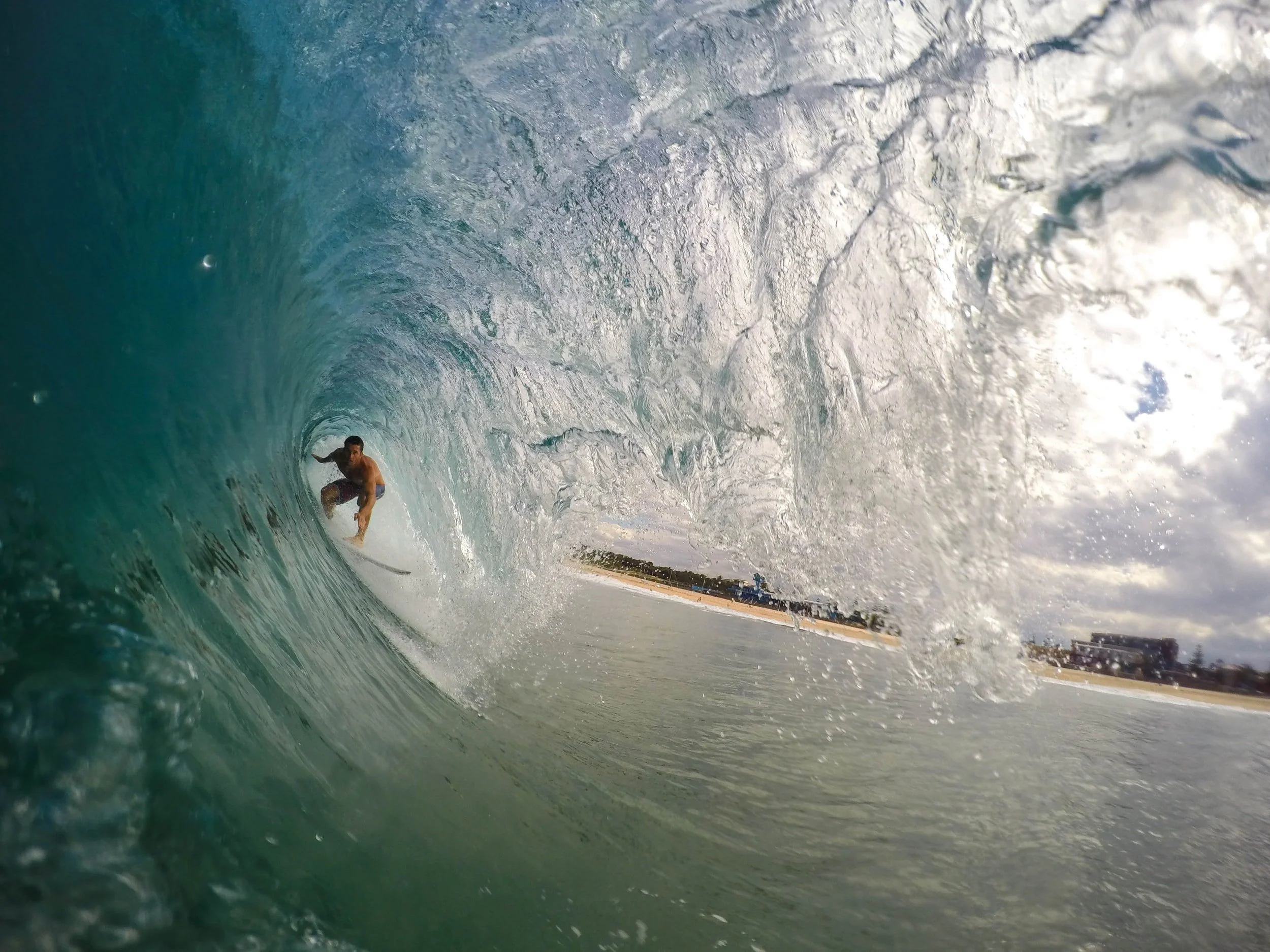Read the Waves
In 2017, I learned how to surf.
I have always been captivated by those epic pictures of surfers catching a wave. It looks like magic.
The Hollywood movie, Blue Crush, also captivated me. I watched it far too many times. Here surfing appeared challenging, yet cool and attainable too.
I wanted to try it.
Then, in 2017, on a family trip to Hawaii, I finally got my chance.
Since none of us had ever surfed before, we decided to get it right from the start. We hired an instructor for a few hours.
I figured that the hardest part of surfing would be paddling out against the waves, until I reached the spot where the waves started to break. Or maybe getting up – quickly moving from my stomach to my feet, to surf the wave.
But I was wrong. Both were hard, but it wasn’t the biggest challenge.
The hardest part was reading the waves.
Experienced surfers know how waves will bend and break. This allows them to have fewer wipeouts, get less tired and have more fun. Our instructor was extremely helpful in this regard. He gave us strategies, tips and literally pushed us into the waves we needed to ride.
He also encouraged us to just go for it, as there really isn’t any other way to figure it out. He reminded us that we can’t ride every wave and we can’t wait for hours until we find a “perfect wave”.
So, through trial and error, we learned. We learned that some waves aren’t big enough to carry us to shore. Others were too big for us novices to handle - they knocked us down because we weren’t ready for them. We also learned that the perfect wave for someone else is not necessarily the perfect wave for us.
While these were important surfing lessons, I also found them to be important lessons in life and at work.
There have been many times when opportunities have come along over the years. Like surfing, it is important to figure out which wave to ride and when to wait.
As a novice, I learned that I can’t take every single opportunity, or I will burn out. On the other hand, waiting for the “perfect” opportunity doesn’t work either. It usually results in not taking any chances and getting nowhere.
With more experience I now have a better understanding of where I want to invest my time and energy. It has taken a lot of practice. I’ve wiped out a lot. I still misread situations. Sometimes opportunities look great in the distance but don’t pan out as I expect. Others fall short.
However, getting a good instructor, being willing to experiment, and trusting in the process, has been the best strategy I’ve found so far. And knowing that there will always be more waves has kept me positive when things go astray.
As a challenge this week, I encourage you to think about how you react to opportunities. Do you try to catch most of them? Or do you let a lot pass you by? No matter your approach, consider if you need to adjust to make the most out of the opportunities that come your way.
Sometimes getting a coach or instructor is helpful. It certainly helped us navigate the waters. Other times it is important to remember that it takes practice to get things right; even the most experienced surfers wipe out.
You just need to get back out there and try again.
Best of luck and happy surfing!
Lauren
P.s. If you’re looking for any help navigating the world of grant writing, strategic planning, or tech solutions for small business, we’re here to help. Book a FREE 30-minute consultation to learn more.


